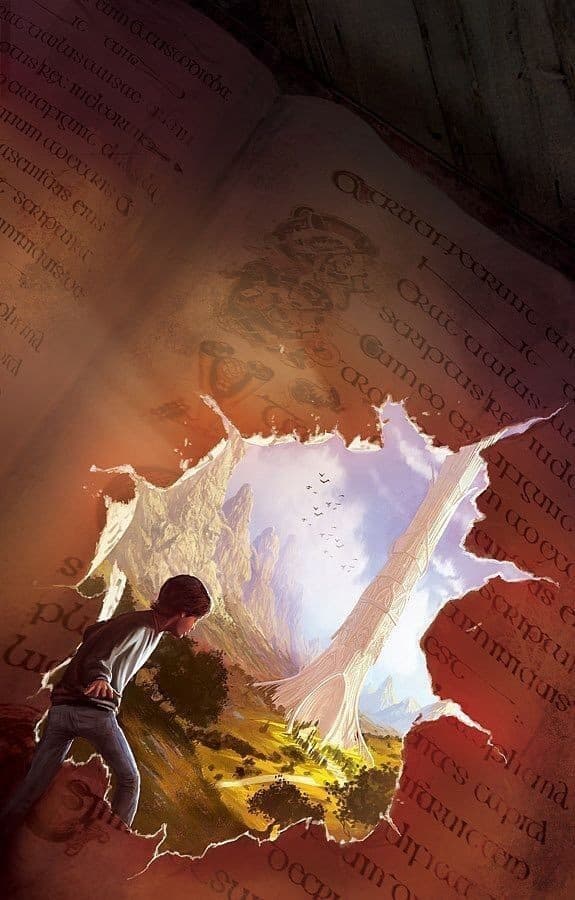Time Travelling for Hope
May 30, 2025
If only I could travel through time,
I’d go back to the home,
Where books welcomed me as mine.
268 BCE. All the way back to the streets of the Mauryan Empire. To be a common man
of the Kingdom of Patliputra, guardianed by Ashoka. That would be the place of my
arrival.
It may seem like an unusual wish. In a world fascinated by flying cars, AI-generated
dreams, and billionaires racing to Mars, I would choose to go backwards. Not to a
palace, not to a battlefield, not even to be royalty, but to walk as a commoner under the
rule of a king who learned the cost of cruelty and turned to compassion
Ashoka the Great, he wasn’t born a pacifist. He knew the taste of power, the adrenaline
of conquest. He had blood on his hands after the Kalinga war, a war he won, but a
victory that shook his soul. It was that turning point that made him our hero. In a time
when emperors expanded their rule with iron and fire, Ashoka did something radical.
He stopped.
Today, when you turn on the news, borders are painted red. Countries flex military
muscle while innocent lives are reduced to numbers, headlines, and hashtags. The egos
of a few seem to outweigh the peace of millions. Empathy is often dismissed as
weakness, and kindness is confused for naivety. In such a world, remembering Ashoka
isn’t a history lesson, it’s a revolution.
He was a ruler who turned to the Dharma, to peace, to humanity. Not only did he
establish free hospitals for his people, but he also created Arogya Shalas for animals. Let
that sink in. Thousands of years ago, a king who had the power to wage war decided to
spend his reign healing, humans and animals alike. Can we even imagine that today?
Where veterinary care is a privilege, where laws are selectively kind to some animals
and invisible to others.
Today, when you try to rescue an injured dog or a dying cow on the road, people raise
eyebrows. They may say, “It’s just an animal,” while the same crowd will gather
around a road rage quarrel with popcorn-like curiosity. Somewhere, we lost our way.
Somewhere, the candle lit by empathy got blown out in the storm of apathy.
And yet, despite the gloom, there is hope.
Because what history teaches us is that change is possible. That a man who once led
bloodshed can also become the torchbearer of peace. That an empire can be led with
kindness. That hospitals can be for all lives, not just for humans. That the value of a
being does not lie in its species or utility but in its breath, its beating heart, and its will
to live.
If time travel never becomes more than science fiction, then so be it. Because perhaps,
we don’t need a time machine. Perhaps what we truly need is to carry Ashoka’s legacy
forward. Maybe that’s why I dream of Patliputra, not to escape, but to remember what
we’re capable of. I want to build that world in this one. I want to light more candles like
the one my textbook lit in me. I want children to learn and adults to unlearn and learn
again that leadership is not in domination but in dignity. That greatness is not about
power over others, but power used for others.
I want a world where rescuing an animal isn’t questioned.
Where we cry not only for humans lost to violence, but for every life silenced by cruelty.
Where our history isn’t just studied, but lived again, with its best parts revived and its
worst left behind. Because, for now, I have understood:
There are only two ways to flee this place
In dreams that vanish without a trace,
Or in the hope that lights each kind embrace.
So, if you can’t escape through time’s grand door,
Build Ashok’s world right here, once more,
With kind hearts and gentler hands,
And a love that echoes through the lands.
For the past may guide us, but we must create,
A future shaped by love, not hate.
~ Rakshita Raj Choudhary

